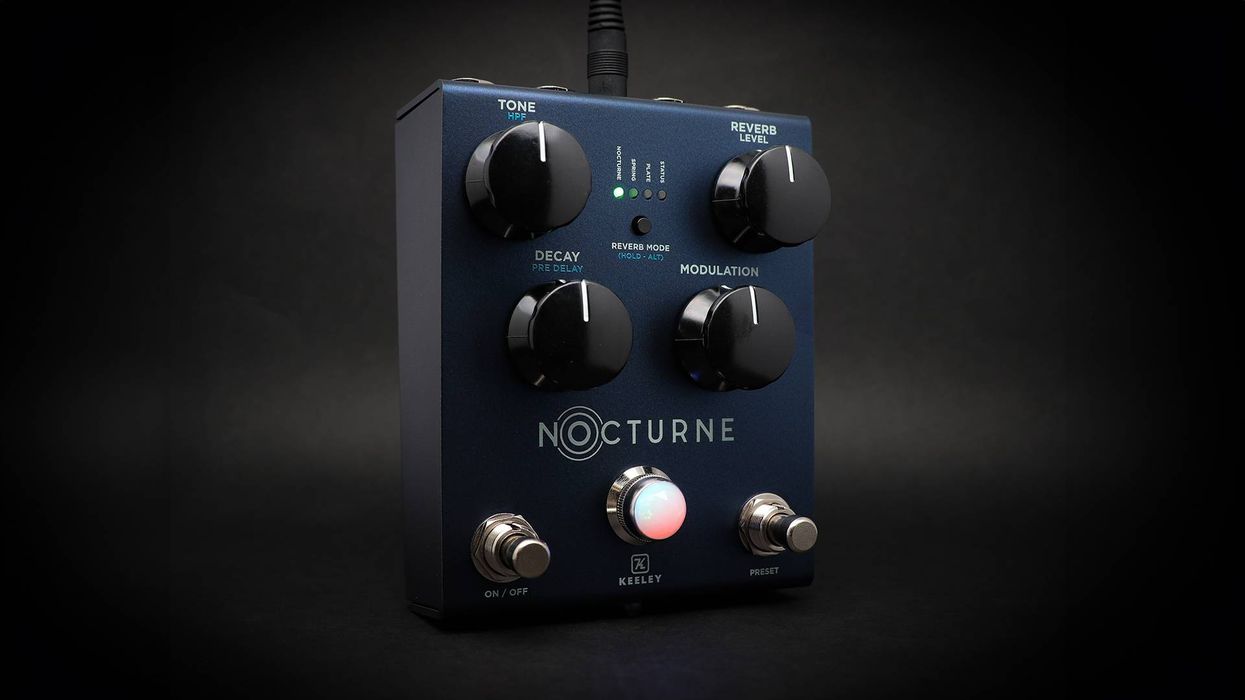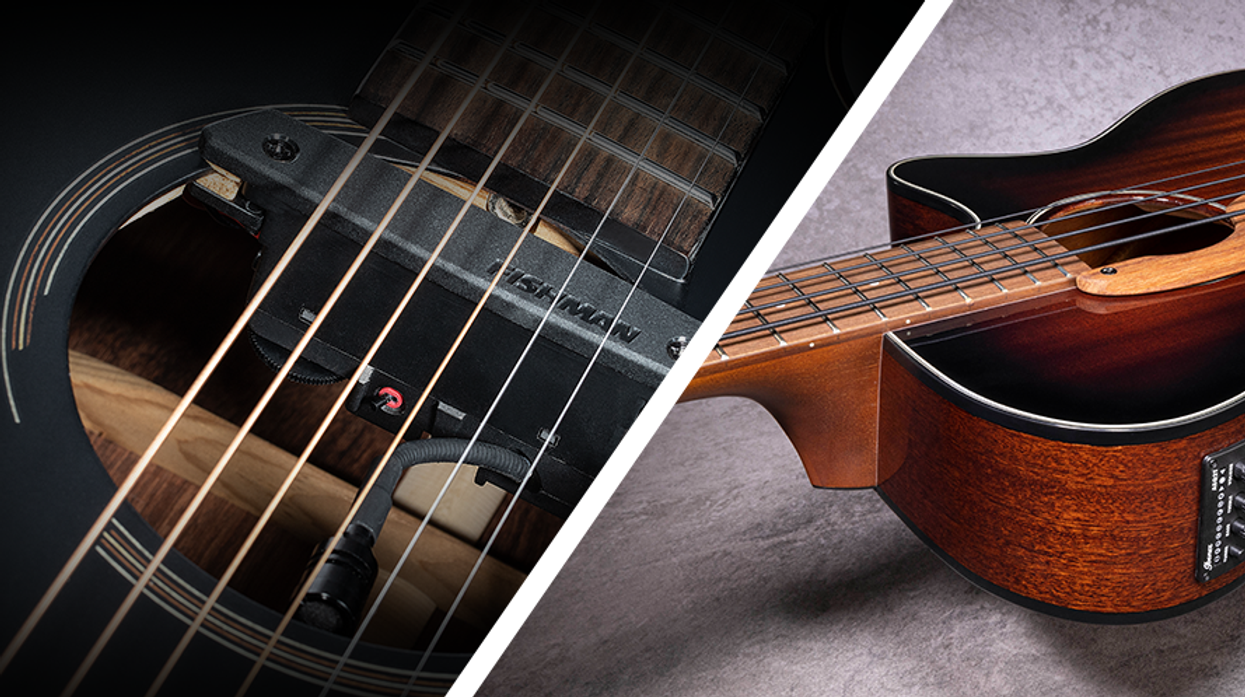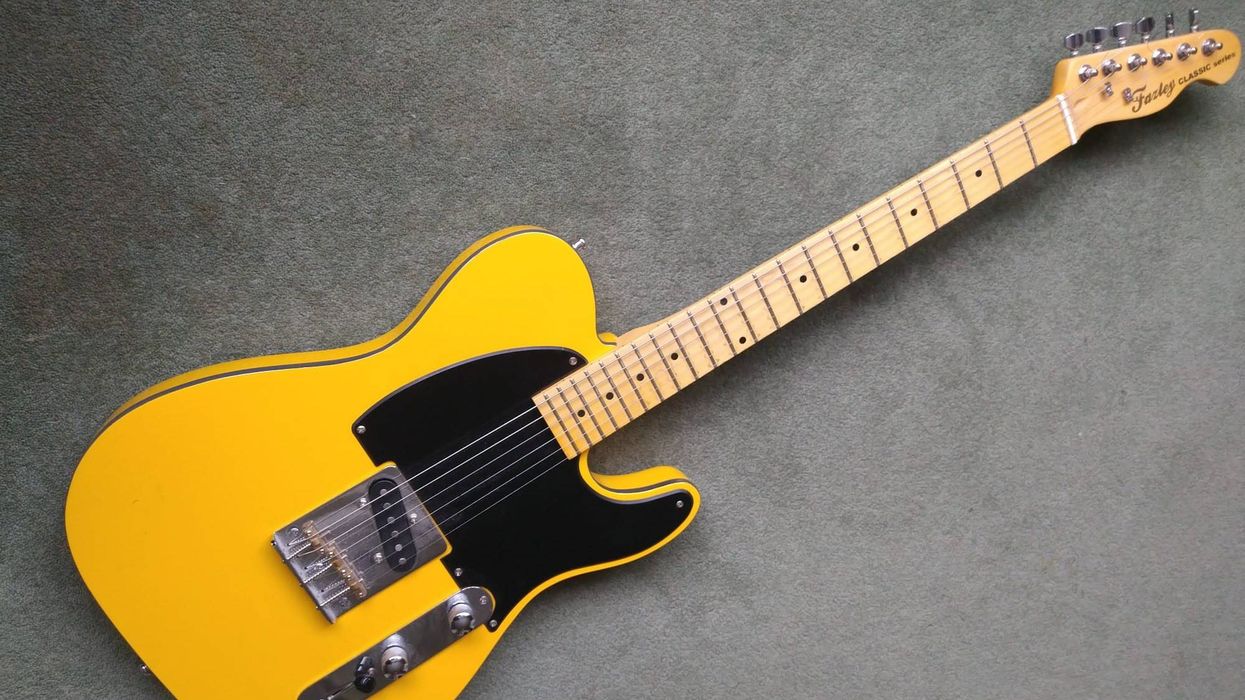A self-described guitar nerd at heart, Peter Thorn made sure he stayed true to who he is as a guitarist for his 2011 solo album.
“To be yourself is all that you can do.” That’s how the Audioslave song goes that we played nightly when I was on tour with Chris Cornell. It’s a simple sentiment that I’ve always liked, yet sometimes it’s easier said than done.
As modern guitarists, we always feel the pressure of musical trends and fads that pull us in one direction or another. This is why—now more than ever—it’s important for us to figure out who we are and where we’re going. And developing our own style and voice on the instrument is the name of the game.
Way back in 1990 when I was just 19, I made the trek to Los Angeles to attend the Guitar Institute of Technology (GIT), which is now Musician’s Institute. I’d planned on going there since I was 14, so it was truly a dream come true to be able to immerse myself in guitar and music for a full year in my effort to become the best possible guitarist I could be.
Once I arrived in L.A., I moved into my one bedroom apartment (with two other roommates) and got settled. Orientation week at GIT was a whirlwind of activity, and there were great concerts every night at the school. That first week I saw a diverse parade of incredible players, including Carl Verhyen, Greg Howe, and the late, amazing Michael Hedges. The bar was quickly raised for me forever and I had a whole new outlook on what it meant to be great.
I figured if I really applied myself and practiced daily, I’d come out of GIT with a broad array of styles mastered and would be able to play it all! I worked hard and I made great strides getting a solid background in theory and improving my chops. But I really wasn’t becoming the jack-of all-trades that I’d expected I would. I was becoming a better me, but I still just sounded like me.
There was a great guitarist at GIT from Germany who ended up winning student of the year that year. He was a terrific jazz-fusion player with killer chops and command, and I really wished I could do what he did on the instrument. One day, he was participating in a rock-performance workshop (a class where guitarists, bassists, and drummers all learn a predetermined song, and then randomly get teamed with each other as bands). It’s a great real-world jamming and performing experience, but when the German fellow I was such a fan of got up and played, I was kind of underwhelmed. He seemed out of his element, both stylistically and tonally. And that’s when the light bulb went off in my head: Maybe we are best off focusing on the music that really moves us. His heart and musical soul were obviously elsewhere.
There is a fantastic and inspirational video on Steve Vai’s YouTube page called “How to be Successful” that I think should be required watching for aspiring musicians. Steve essentially says that it’s important to figure out what it is you really want. He believes that the thing you are most comfortable with is what you will do the best. He also says that he ignores his weaknesses and focuses on his strengths. It’s hard for me to think of any obvious weaknesses when I think of Steve Vai, but that’s because he’s so driven and focused on what his thing is.
Steve Vai has spent his whole career cultivating a unique style. You hear him, and you instantly know it’s him. The same goes for Jeff Beck, Eddie Van Halen, and the other guitar greats. None of these players is a jack-of-all-trades. Each is a stylist who only makes music that moves him.
I’m not suggesting that we guitarists should rest on our laurels. Diligently cultivating and perfecting new techniques to add to our arsenal, or diversifying and expanding our playing by adding some unfamiliar scales and chords to what we already know is something I recommend highly. Challenges are a part of becoming a rounded musician. What I am suggesting is that if you don’t truly love a style of music, don’t worry about working on playing that style. Ask yourself who you are musically, where you want to be, and what you want to accomplish.
By the end of my year at GIT, I had come to terms with the fact that while I enjoyed many styles of music, what resonated with me was rock ’n’ roll. If I was going to be a success, I knew the only way was to stay true to what I was. So everything I did from that point forward reflected that realization.
Throughout the ’90s and into the following decade, I backed off on playing lead guitar and focused mainly on songwriting and rhythm playing. This was largely because I felt the backlash against ’70s- and ’80s-style guitar playing when grunge hit big. But by the time I released my solo album Guitar Nerd in 2011, I’d decided to really be proud of who I was. And that meant I was going to cut loose on some gratuitous solos!
Until next month, remember to be honest about who you are as a musician and what you want to achieve. Success will follow.


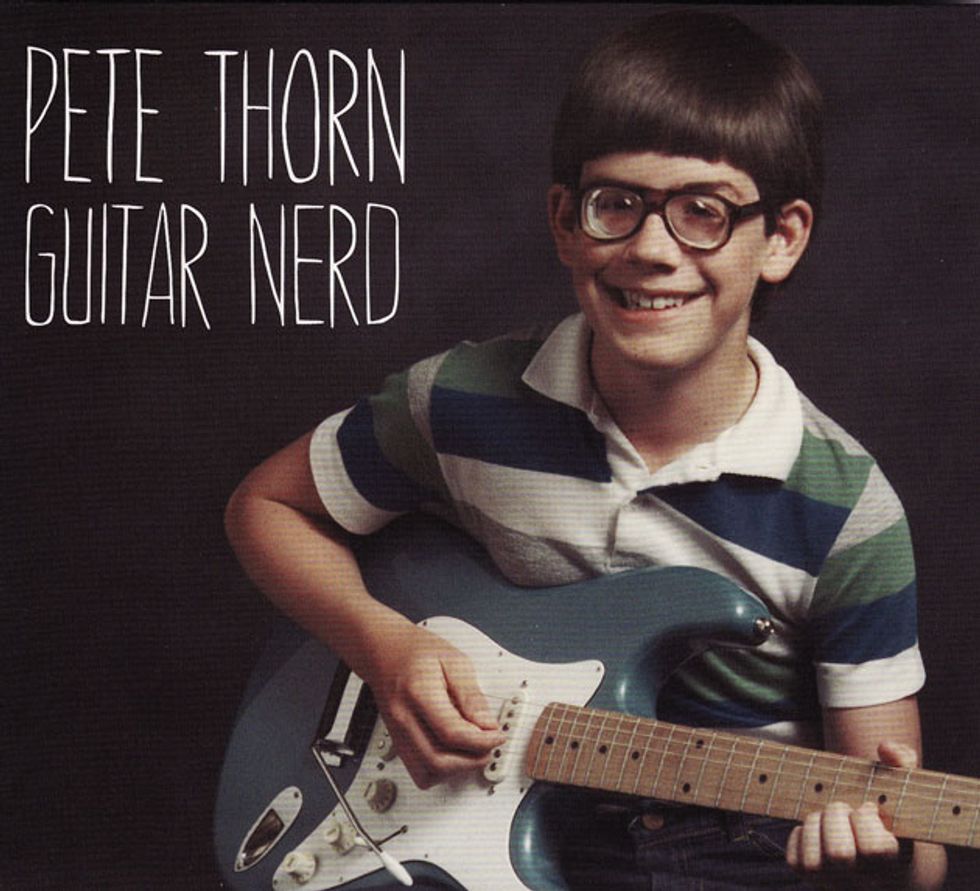


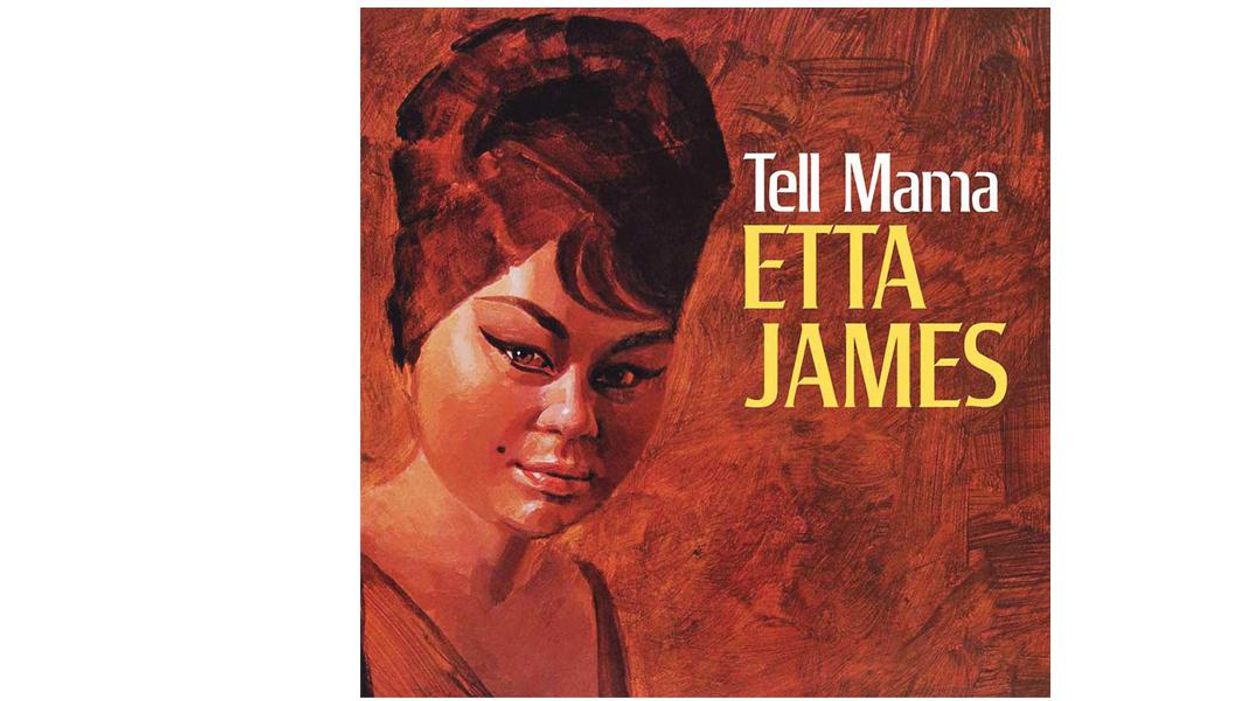



![Rig Rundown: Russian Circles’ Mike Sullivan [2025]](https://www.premierguitar.com/media-library/youtube.jpg?id=62303631&width=1245&height=700&quality=70&coordinates=0%2C0%2C0%2C0)
